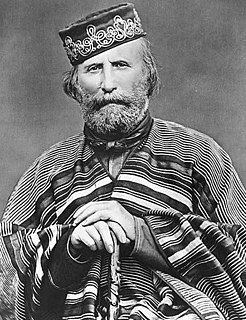A Quote by William James
From all these facts there emerges a very simple abstract program for the teacher to follow in keeping the attention of the child: Begin with the line of his native interests, and offer him objects that have some immediate connection with these.
Related Quotes
It is as his own mind comes into contact with others that truth will begin to acquire value in the child's eyes and will consequently become a moral demand that can be made upon him. As long as the child remains egocentric, truth as such will fail to interest him and he will see no harm in transposing facts in accordance with his desires.
This system in which a child is constantly moving objects with his hands and actively exercising his senses, also takes into account a child's special aptitude for mathematics. When they leave the material, the children very easily reach the point where they wish to write out the operation. They can thus carryout an abstract mental operation and acquire a kind of natural and spontaneous inclination for mental calculations.
We cannot know the young child's personality by studying his systems of interest, for his attention is as yet too labile, his reactions impulsive, and interests unformed. From adolescence onward, however, the surest clue to personality is the hierarchy of interests, including the loves and loyalties of adult life.
I can't actually explain why my lines got shorter, but they did. Just as I can't explain why my early poems were 'all image' and my current ones are relatively abstract. The sense of the line changed with the theme, somehow my ear (or brain or heart/mind) fell in love with a short line and very very simple words.
There's no doubt that when it comes to our treatment of Native Americans as well as other persons of color in this country, we've got some very sad and difficult things to account for. I personally would want to see our tragic history, or the tragic elements of our history, acknowledged. I consistently believe that when it comes to whether it's Native Americans or African-American issues or reparations, the most important thing for the U.S. government to do is not just offer words, but offer deeds.
Often nothing keeps the pupil on the move but his faith in his teacher, whose mastery is now beginning to dawn on him .... How far the pupil will go is not the concern of the teacher and master. Hardly has he shown him the right way when he must let him go on alone. There is only one thing more he can do to help him endure his loneliness: he turns him away from himself, from the Master, by exhorting him to go further than he himself has done, and to "climb on the shoulders of his teacher."








































